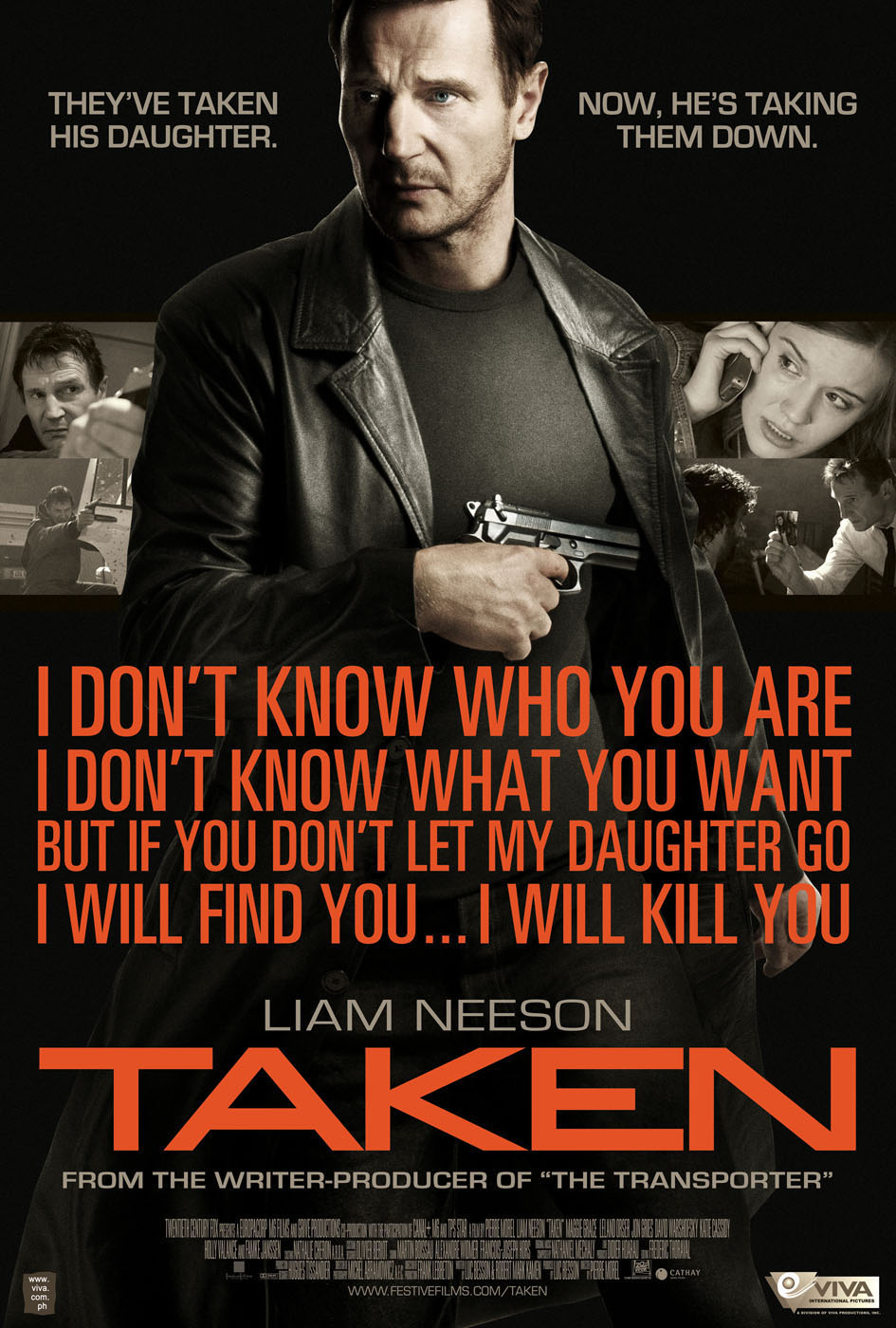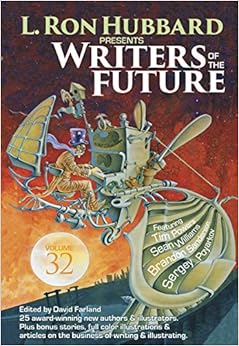Every Heart a Doorway
by Seanan McGuire
Macmillan-Tor/Forge
Tor.com
Sci Fi & Fantasy
 Nancy fell into a portal world of the dead where she had to keep still as a stone so as not to be noticed. Now that she's back home, she wants to return. Instead, her parents ship her off to Eleanor West's Home for Wayward Children--a school where kids who still love their portal world and long to return, even though to do so would harder than lightning striking twice.
Nancy fell into a portal world of the dead where she had to keep still as a stone so as not to be noticed. Now that she's back home, she wants to return. Instead, her parents ship her off to Eleanor West's Home for Wayward Children--a school where kids who still love their portal world and long to return, even though to do so would harder than lightning striking twice.Nancy befriends other girls at school: Jack and Jill, twin girls; Sumi, Nancy's new roommate. When one of her new friends loses her hands, the girls fall under suspicion. They band together to find out who did it and to stop them.
One of the tale's strengths is that McGuire carves each major character sharply to life. Another is that we have come to a meta-grappling with the portal fantasy, coming up with overarching rules for these systems. Third, we have a story about magic systems that actually doesn't directly involve any such system. Cool stuff.
The Achilles heal is the mystery. We are presented with a murder mystery, which piques interest, but the sleuthing is minimal. Like many mysteries in SF, the mystery plot is underutilized.
A minor blemish: The story pops open an unnecessary can of worms:
" 'Why are there so many more girls here than boys?'
" 'Because "boys will be boys" is a self-fulfilling prophecy,' said Lundy. 'They're too loud, on the whole, to be easily misplace or overlooked; when they disappear from the home, parents send search parties to dredge them out of swamps and drag them away from frog ponds....
"It made sense, in its terrible way. Most of the boys she'd known were noisy creatures, encouraged to be so by their parents and friends. Even when they were naturally quiet, they forced themselves to be loud, to avoid censure and mockery."
 Few boys would nod, "So true." Really, parents don't look for missing daughters? What might a Gallup poll show? Moreover, it privileges girls (via pity), and what boy wouldn't also want to go? Why would boys read such a book, otherwise?
Few boys would nod, "So true." Really, parents don't look for missing daughters? What might a Gallup poll show? Moreover, it privileges girls (via pity), and what boy wouldn't also want to go? Why would boys read such a book, otherwise?If the story hadn't drawn my attention to this, I might not have noticed that the boys born as boys were essentially spear-carriers and buffoons.
Write a story about an all-girls school, and make no excuses. A beta-reader must have complained where were the boys. Who cares? Stories with all boys or girls are fine. Better to execute swiftly than to back up and back fill a pseudo-psychology that doesn't mirror reality. Besides, all-boys or all-girl stories call for a different dynamic from the norm. It could excite reader interest.
This is a tiny part of the story--one page out of 176--and no doubt it distorts the weight it should have in this review.
Aside from these missteps, the story is thoroughly enjoyable and recommended for fans of portal fantasies everywhere.






